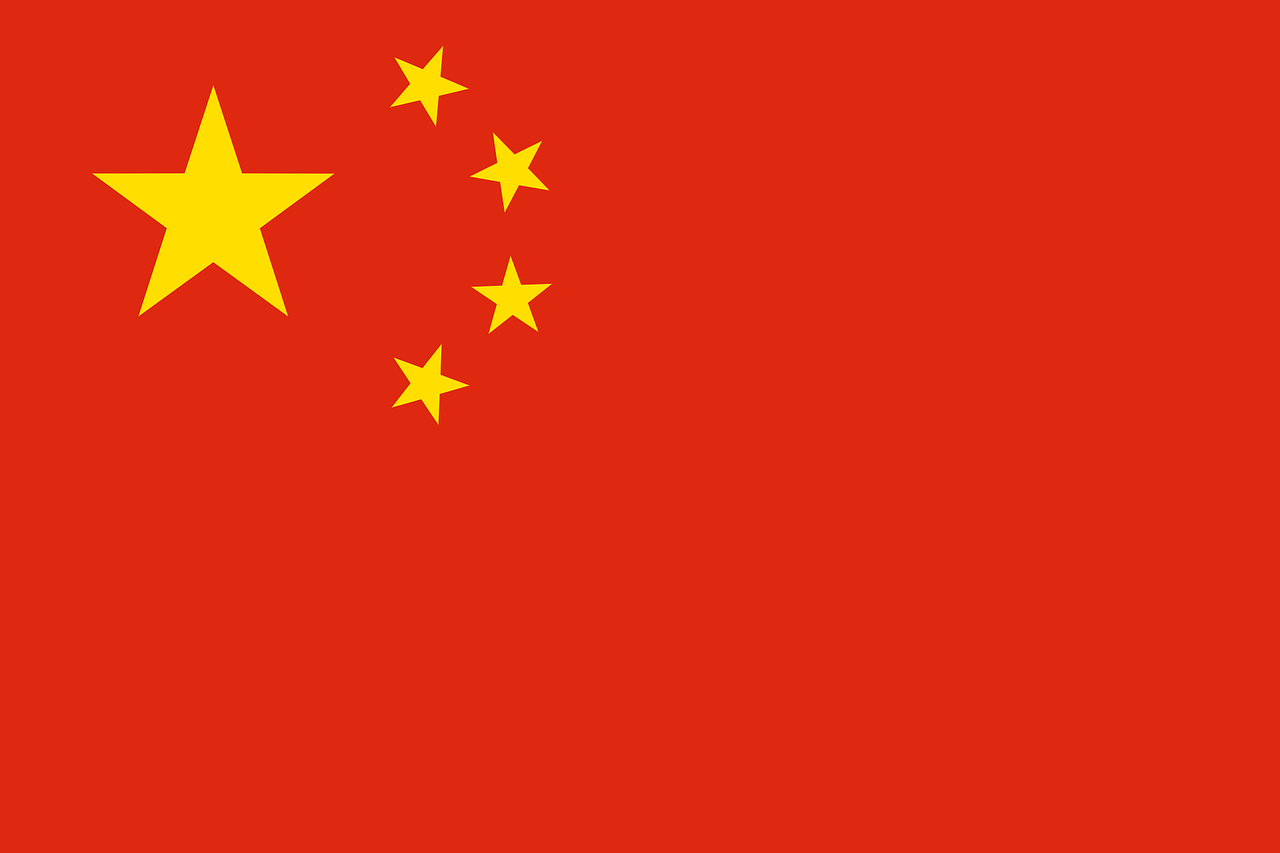
403
Sorry!!
Error! We're sorry, but the page you were
looking for doesn't exist.
Reasons why China requires BRICS
(MENAFN) The 16th BRICS summit held in Kazan, Russia, marked a significant milestone in the history of the organization. This year's meeting was notable for the participation of an expanded group of nations, as the original BRICS members—Russia, China, India, Brazil, and South Africa—were joined by new entrants, including the UAE, Iran, Egypt, and Ethiopia. The agenda also included discussions about potential further expansion, with countries such as Saudi Arabia, Malaysia, and Türkiye being considered for future membership.
The hosting of this high-profile forum is a considerable diplomatic achievement for Moscow, highlighting its efforts to maintain global engagement despite Western attempts to isolate it. The warm reception of Russian President Vladimir Putin by global leaders serves as a striking indicator of the West's diminished influence in some regions.
Among the BRICS member nations, China emerges as a pivotal player. As the world's second-largest economy, and the largest when considering purchasing power parity, China positions itself as the United States' primary rival for global dominance. This leads to a critical inquiry: Does BRICS serve as a mechanism for expanding China's geopolitical influence? Could it evolve into a “Global South alliance” under Chinese leadership, countering the influence of the “Global North,” primarily dominated by the U.S.?
China's official statements regarding BRICS reveal a more nuanced understanding of its role within the group. It is essential to recognize that BRICS functions as a platform for dialogue rather than a formal alliance that imposes specific obligations on its member countries. Unlike organizations such as the European Union, which require a high degree of integration and cooperation, BRICS is unlikely to develop into a tightly knit alliance. Instead, it resembles a discussion forum similar to the G7, where member countries can engage in dialogue, share perspectives, and explore collaborative opportunities without the constraints of binding agreements.
In this context, China views BRICS as a vital platform for fostering cooperation among emerging economies and amplifying their collective voice on the global stage. By participating actively in BRICS, China can promote its vision of a multipolar world, where the interests of developing nations are prioritized in global decision-making processes.
The hosting of this high-profile forum is a considerable diplomatic achievement for Moscow, highlighting its efforts to maintain global engagement despite Western attempts to isolate it. The warm reception of Russian President Vladimir Putin by global leaders serves as a striking indicator of the West's diminished influence in some regions.
Among the BRICS member nations, China emerges as a pivotal player. As the world's second-largest economy, and the largest when considering purchasing power parity, China positions itself as the United States' primary rival for global dominance. This leads to a critical inquiry: Does BRICS serve as a mechanism for expanding China's geopolitical influence? Could it evolve into a “Global South alliance” under Chinese leadership, countering the influence of the “Global North,” primarily dominated by the U.S.?
China's official statements regarding BRICS reveal a more nuanced understanding of its role within the group. It is essential to recognize that BRICS functions as a platform for dialogue rather than a formal alliance that imposes specific obligations on its member countries. Unlike organizations such as the European Union, which require a high degree of integration and cooperation, BRICS is unlikely to develop into a tightly knit alliance. Instead, it resembles a discussion forum similar to the G7, where member countries can engage in dialogue, share perspectives, and explore collaborative opportunities without the constraints of binding agreements.
In this context, China views BRICS as a vital platform for fostering cooperation among emerging economies and amplifying their collective voice on the global stage. By participating actively in BRICS, China can promote its vision of a multipolar world, where the interests of developing nations are prioritized in global decision-making processes.

Legal Disclaimer:
MENAFN provides the information “as is” without warranty of any kind. We do not accept any responsibility or liability for the accuracy, content, images, videos, licenses, completeness, legality, or reliability of the information contained in this article. If you have any complaints or copyright issues related to this article, kindly contact the provider above.






















Comments
No comment